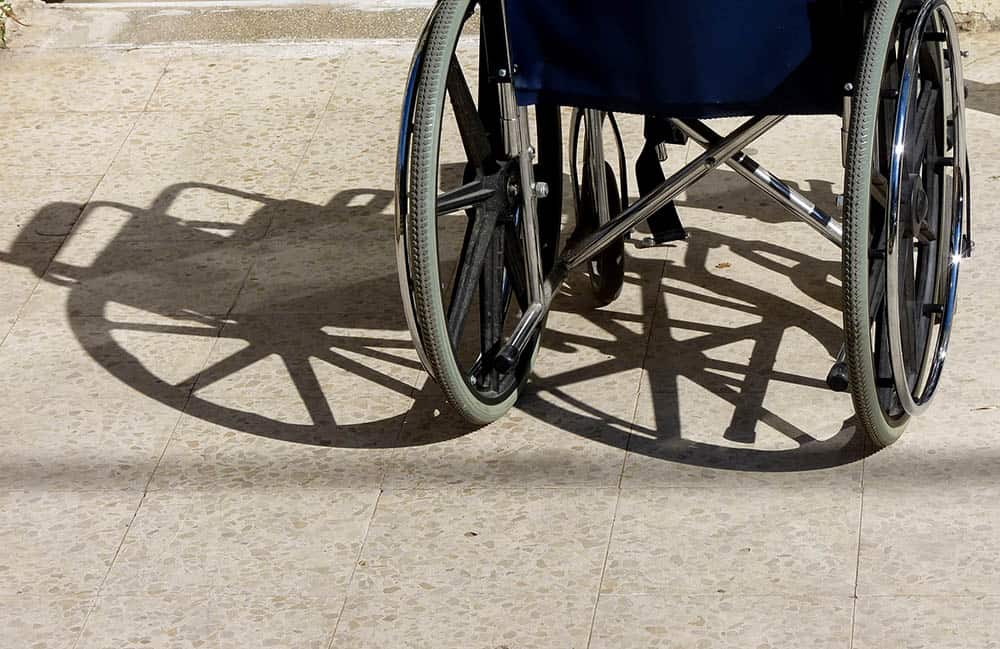University team to help make assistive tech more available to people with disabilities
A team of Imperial College London students are aiming to help people with disabilities get access to assistive technology that helps improve their lives.
The students, called teamThey, want to improve the development of assistive technology and have developed some software called the Universal Controller. This would enable different technologies and devices to be controlled in a range of ways, such as through voice control, joysticks or eye tracking.
teamThey hope their project will enable disabled people to control technology like wheelchairs, robotic arms and smart home technology in a tailored way that best suits their specific needs.
Taking part in the university’s Undergraduate Research Opportunities Programme (UROP), students are supervised by academic staff to allow them to participate in research.
Proposed and funded by children’s charity Wooden Spoon, the Universal Controller project aims to promote development in the assistive technology sector by helping developers fast-track their ideas.
The group have developed three prototype systems to demonstrate the Universal Controller:
- A system for controlling a robotic arm that can be connected with a variety of input devices
- An interface with Amazon Alexa for users with limited vocal capabilities
- A cooking system with a “smart” pan for people with special educational needs (SEND) to help guide them through the cooking process
The software will be open-source, meaning developers can contribute and develop the system further, create add-ons, and adapt it to their own requirements.
Team member Fiona Boyce commented: “We want to be able to make technology more adaptable for individual needs.
“Most assistive technology is bespoke, which means it’s expensive. Additionally, devices have completely different operating systems and communication methods so don’t interact with one another.
“Our idea is to create software that would bridge this gap and make it easier for developers to incorporate accessibility into their products.”


